Description
Before the reader is Volume Three of the Complete Poetic Works (1975-1980) of the poet Adonis, comprising: 1- Singular in the Plural Form, 2- Consonants and Initials. This book is more like a poetic anthology for the poet, or perhaps the embodiment of Adonis’s ambitious project. This singular voice, though plural in form, yearns to play a new game, as if to recreate, in its own unique way, the act of creation. From this springs the intermingling, diverging, and intertwining of titles, forming a history of a semiotic body, interwoven with themes to create singular poems imbued with philosophical and existential visions. This reminds us of his words: “The poet must embrace language and unleash its power to fathom the depths of the unknown within it.” And the unknown in this book is the poet’s wager on “creation,” where images, dreams, fascinations, desires, and abysses find themselves embodied and emerge beneath a sky where corpses and gods weep. The earth has returned to being a conquest after the flood, a land still sown with ruins. And with Adonis, the “wanderer,” the “vagabond,” he traverses all labyrinths and erases all boundaries.
In the poem that opens the collection (Sketches), we read the poet’s words: “The earth was not a body, it was a forest. How can one travel between the body and the wound? How can one dwell there? The wound began to transform into parents, and the question became a space. Go out into space, child (…).” He is the child of hope, whom the poet embodies in images of beauty and inevitable maturity, as if he is drawing a picture of the child who will grow up and achieve revolutionary dreams that were not realized in the previous generation. Thus, Adonis, in the second section of this book, “Correspondences and Firsts,” addresses his child who was (H), saying to him: O child who was offering, what unites us now, and what will you say? Adonis says: “It is not for us, who have grown old, to dream; only children can dream, for their dreams alone have taught us everything. Ideas, deeds, visions, plans, and the tragic things scattered throughout our history, which we once tried to uproot, have overtaken us and multiplied.” And in such a context, words, the world, and dreams grow to become poetry to be read.



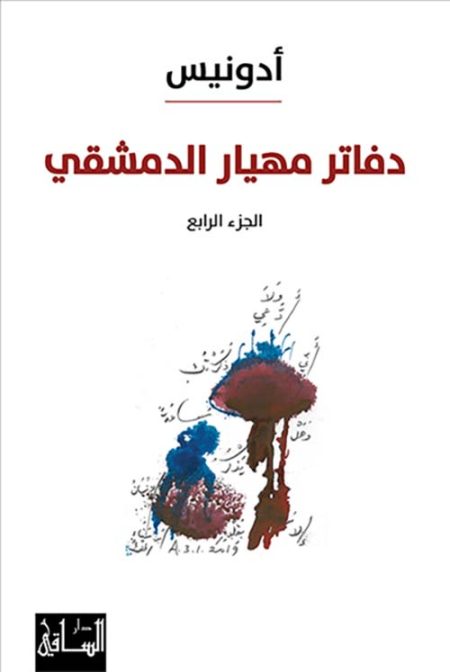
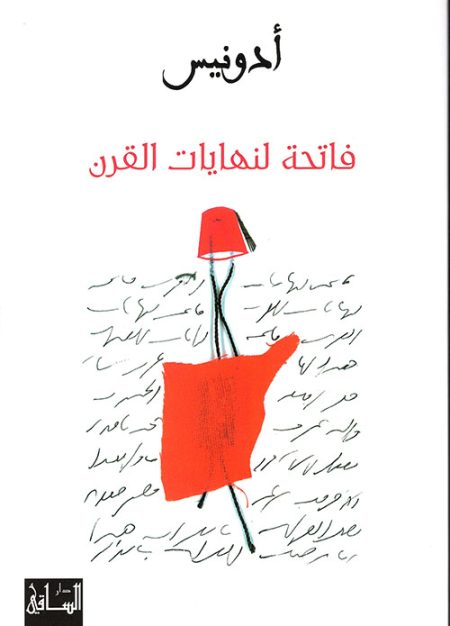




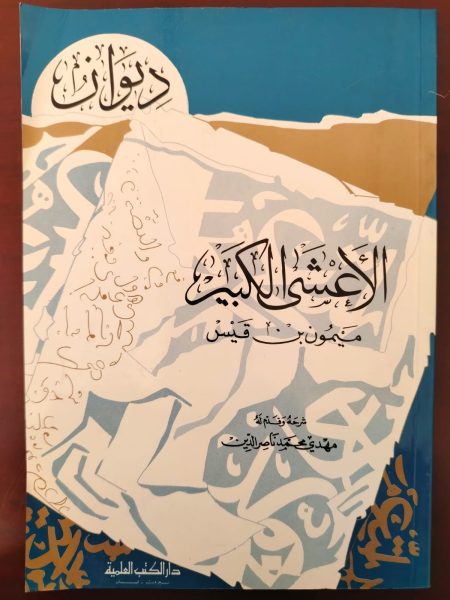
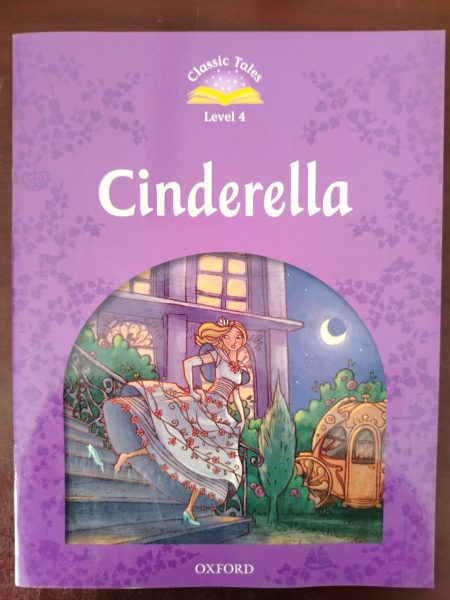
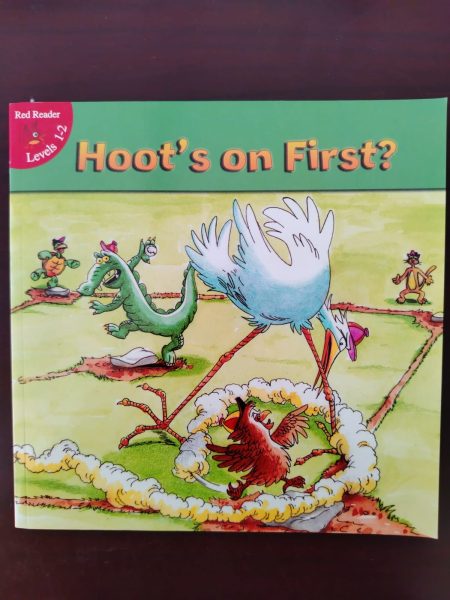

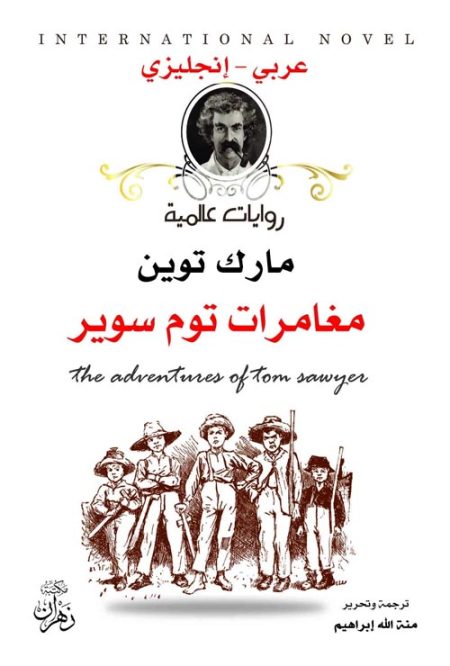
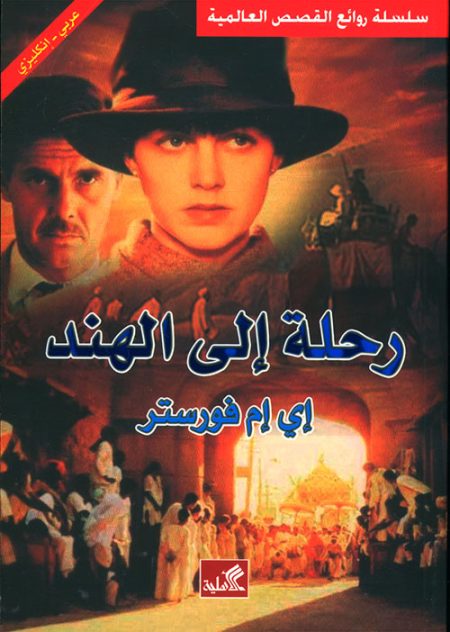

Reviews
There are no reviews yet.